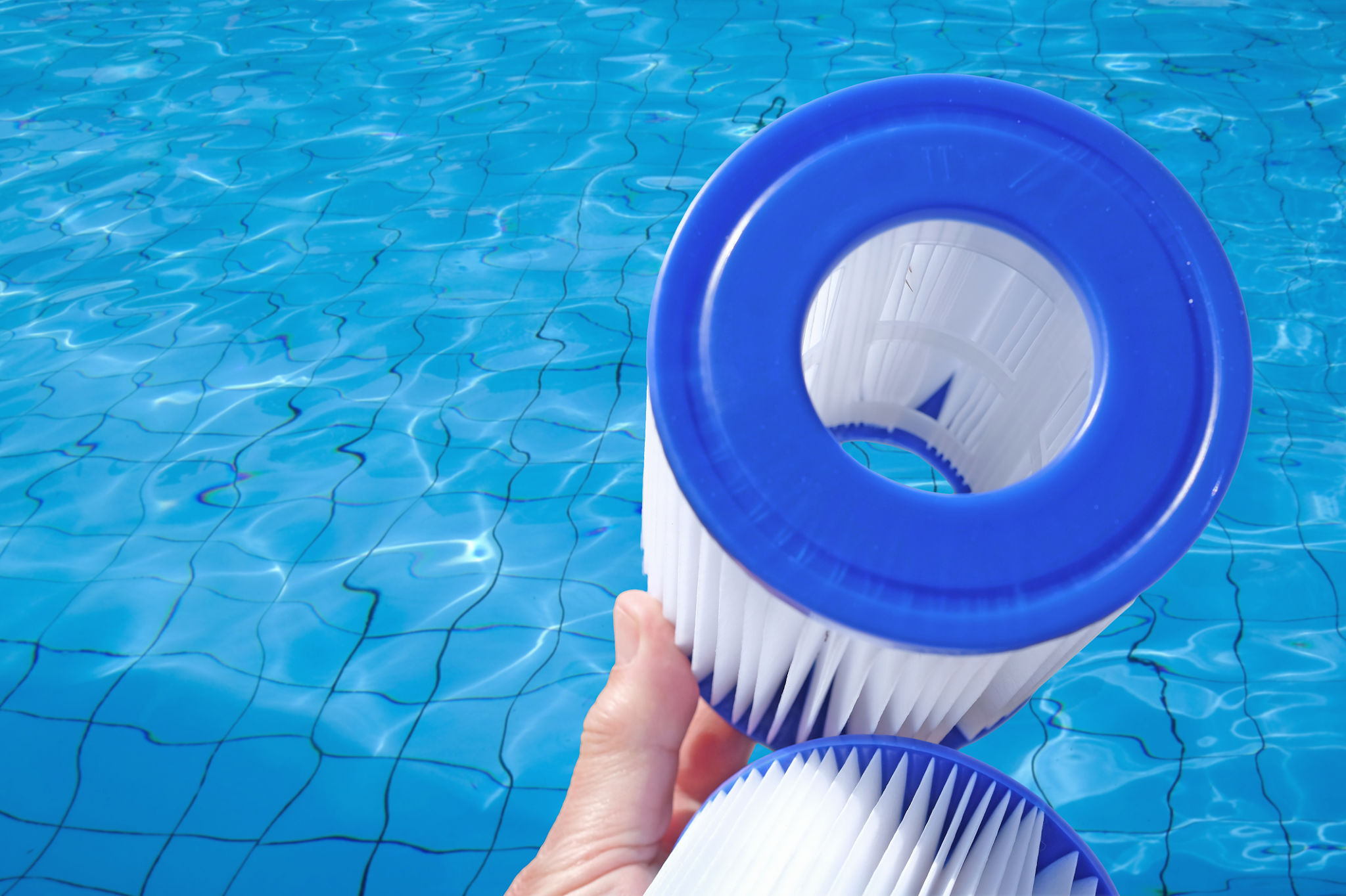How to Winterize Your Pool in Plant City, FL: A Comprehensive Guide
Assessing Your Pool's Current Condition
As the temperatures start to drop in Plant City, FL, it's essential to prepare your pool for the winter months. The first step in winterizing your pool is to assess its current condition. Check for any damage or leaks and ensure that all equipment, such as pumps and filters, are functioning correctly. Addressing these issues before winter can prevent more significant problems down the road.
It's also a good time to clean the pool thoroughly. Skim off any leaves or debris, brush the walls, and vacuum the floor. A clean pool is easier to maintain throughout the winter, and it will make reopening in the spring much more straightforward.

Balancing and Shocking the Water
Before closing your pool for the winter, it's crucial to balance the water chemistry. Properly balanced water helps prevent algae growth and protects your pool surfaces from damage. Ensure that pH, alkalinity, and calcium hardness levels are within the recommended ranges. You can use a pool test kit or take a sample to a local pool store for professional analysis.
After balancing the water, it's beneficial to shock the pool. Shocking involves adding a high dose of chlorine to eliminate any remaining bacteria or organic contaminants. This step ensures your pool remains clean and healthy during the off-season.
Lowering Water Levels and Protecting Equipment
Once your pool water is balanced and shocked, the next step is to lower the water level. In Plant City, FL, it's recommended to reduce the water just below the skimmer openings to prevent potential freeze damage. However, ensure that you don't drain it too low, as this can cause structural issues.

Additionally, protect your pool equipment by draining all pumps, filters, and heaters. Store any removable parts indoors or in a weatherproof location. It's also wise to blow out the plumbing lines to remove any remaining water that could freeze and cause damage.
Covering Your Pool
Investing in a high-quality pool cover is essential for protecting your pool during winter. A good cover helps keep debris out and reduces chemical loss due to evaporation. Ensure that the cover fits snugly and is securely fastened to prevent wind from getting underneath.
There are various types of pool covers available, including mesh and solid covers. Mesh covers allow rainwater through while blocking debris, while solid covers provide a complete barrier. Choose one that best suits your needs and budget.

Regular Winter Maintenance
Even though your pool is closed, regular maintenance is still necessary throughout the winter months. Periodically check the pool cover for any damage or sagging. Remove any debris that accumulates on top of the cover to prevent it from becoming weighed down.
Additionally, monitor the water level beneath the cover and adjust as needed. If you experience heavy rainfall, you may need to pump out excess water to maintain the appropriate level.
Preparing for Spring Opening
As winter comes to an end, start planning for your pool's reopening. Inspect all equipment before reinstallation and address any repairs needed promptly. Begin balancing the water chemistry early so that your pool is ready for swimming as soon as temperatures rise.
By following these steps, you can ensure that your pool remains in excellent condition throughout the winter months in Plant City, FL. Proper winterization not only protects your investment but also makes for a smoother transition into the swimming season when spring arrives.
